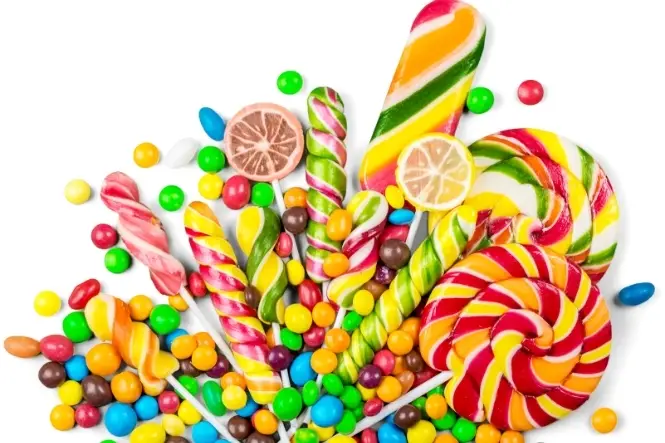There has been much talk in the press about hyperactive toddlers and children, and it is easy for parents to wrongly label a naturally lively and energetic child as suffering from hyperactivity, especially when they are going through the Terrible Twos.
The benchmark should always be whether a toddler is able to sleep properly. A toddler who is naturally lively during the day and may even have dropped a daytime nap when still a baby, should still be sufficiently worn out to achieve a good 12 hours sleep a night, unless they are unwell with, say, a virus.
Genuinely hyperactive children have problems getting to sleep and staying asleep, and the resulting lack of sleep causes a knock-on effect the next day by making their behaviour even more manic.
Table of Contents
Eliminate the Obvious
Most parents are aware of the importance of Feeding A Toddler A Healthy Diet, as most synthetic substances that are added to foods can cause hyperactivity problems. Highly coloured sweets have the double effect of chemical colourants and sugar. Too much sugar in a small child (even a large one!) causes a sugar rush in the blood, which can manifest itself as manic behaviour or aggression, and then it is quickly followed by a crash in blood sugar levels, which can cause tiredness and irritability.
A diet that is high in sugar is going to cause these peaks and troughs in blood sugar throughout the day. A single fizzy drink, for example, can contain as much as a child’s recommended sugar allowance for a whole day.
If, once Artificial Colours, Flavours and Preservatives and too much sugar have been eliminated from the diet, there is still a problem with your child displaying high emotions, agitation and sleeplessness, then you have to turn your attention to the unprocessed food that your child is eating.
The Hidden Substances in Natural Foods
Many years ago, a respected American paediatrician and allergy specialist, Dr Benjamin Feingold, discovered that some children are sensitive to the natural salicylates that are present in some foods. Salicylates are aspirin-like compounds that occur in many fruits, a few vegetables and certain other foods.
These compounds can give children a natural high and they can become addicted to that particular food. Parents unwittingly give unlimited amounts of these foods to their children, assuming that they do no harm, as the foods in question are completely natural and healthy.
Foods Containing Salicylates
If you look at the list below of foods that contain salicylates, you may discover that many of them are foods that your toddler constantly demands:
Apples, Apricots, Berries (all), Cherries, Cucumbers, Currants, Grapes, Nectarines, Oranges, Peaches, Plums, Prunes, Raisins, Tangerines, Tomatoes.
You will probably look at the list in horror and think, “what on earth do I give my child to replace all of those?” Well, here are some suggested foods which do not contain salicylates:
Non-Salicylate Foods
Pears, Pineapples, Grapefruits, Lemons, Limes, Bananas, Kiwi fruits, Coconut, Dates, Figs, Mangoes, Papayas, Carrots.
Other non-salicylate foods, which could be given as snacks are: breadsticks; cereal bars (without any additives and without dried fruit); cheese triangles or strings (provided they are additive-free); low-salt plain crisps; additive-free yoghurts or fromage frais; additive-free plain croissants and plain or buttered bagels, rolls, brioches etc.
There are other foods containing stimulants which should not be eaten by children displaying hyperactive behaviour.
- Chocolate
- Sugar-free drinks and sweets which contain aspartame
- Meats which are preserved with nitrates, such as salami, sausages and ham
- Coffee and tea are, of course, stimulants, but are not normally consumed by toddlers.
It should be pointed out, however, that if you are still Breastfeeding A Child at, say, the age of two, and you are having hyperactivity problems with that child, then the salicylates or other stimulants may be coming from your food, through the breast milk. That comfort feed at bedtime may be the very thing that is preventing your child from getting to sleep, so you may either have to discontinue or change your diet and see if it helps.



